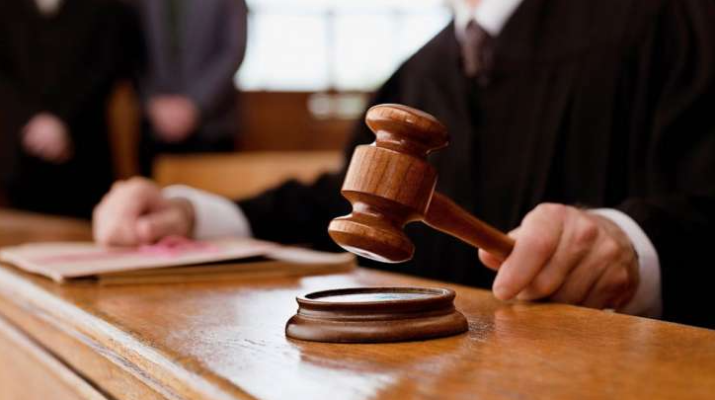New Delhi: The Karnataka High Court has initiated proceedings against a civil court judge due to an order issued last year that referenced non-existent judgments from the Supreme Court and the Delhi High Court.
Justice R. Devdas emphasized the necessity of ensuring accuracy and reliability in legal citations within judicial decisions, describing the civil judge’s actions as “disturbing” and warranting further inquiry. He instructed the court registry to present a copy of his order to Chief Justice NV Anjaria for appropriate action.
“What is particularly troubling is that the city civil court judge cited two rulings that have never been adjudicated by the Supreme Court or any other court. The senior counsel representing the plaintiffs has explicitly stated that these decisions were not referenced by the plaintiffs’ counsel,” remarked Justice Devdas on March 24, while granting a civil revision petition from the non-banking financial firm Sammaan Capital regarding the issue.
The firm, represented by senior counsel Prabhuling Navadgi, indicated that real estate developer Mantri Developers had approached a trial court concerning an invocation and sale notice following a default on loans issued in 2018. Sammaan Capital contested the proceedings and submitted an application challenging the trial court’s jurisdiction. The IX Additional City Civil and Sessions Judge in Bengaluru subsequently dismissed this application.
In November of the previous year, the trial court judge stated that she had relied on three judgments to determine that her court possessed the jurisdiction to “try the suit” brought by Mantri Developers.
The civil judge referenced the Supreme Court cases “M/s Jalan Trading Co Pvt Ltd vs Millennium Telecom Ltd in Civil Appeal Number 5860/2010” and “Kvalrner Cimentation India vs Achil Builders in Civil Appeal Number 6074/2018,” as well as the Delhi High Court case “SK Gopal vs UNI Deritend LTD CS 1114/2016.”
Navadgi informed the Karnataka High Court that there were no records of these three judgments and noted that the parties did not cite them during the trial court proceedings.
The attorney representing the respondent developer acknowledged that the cases were not referenced. The lawyers attributed the issue of fraudulent citations to artificial intelligence. “This can occur when utilizing artificial intelligence and chatbots like ChatGPT, as they may produce fabricated results. Occasionally, they create information that is not accurate. I cannot ascertain what transpired in this instance, but these judgments are nonexistent,” Navadgi stated in court.



